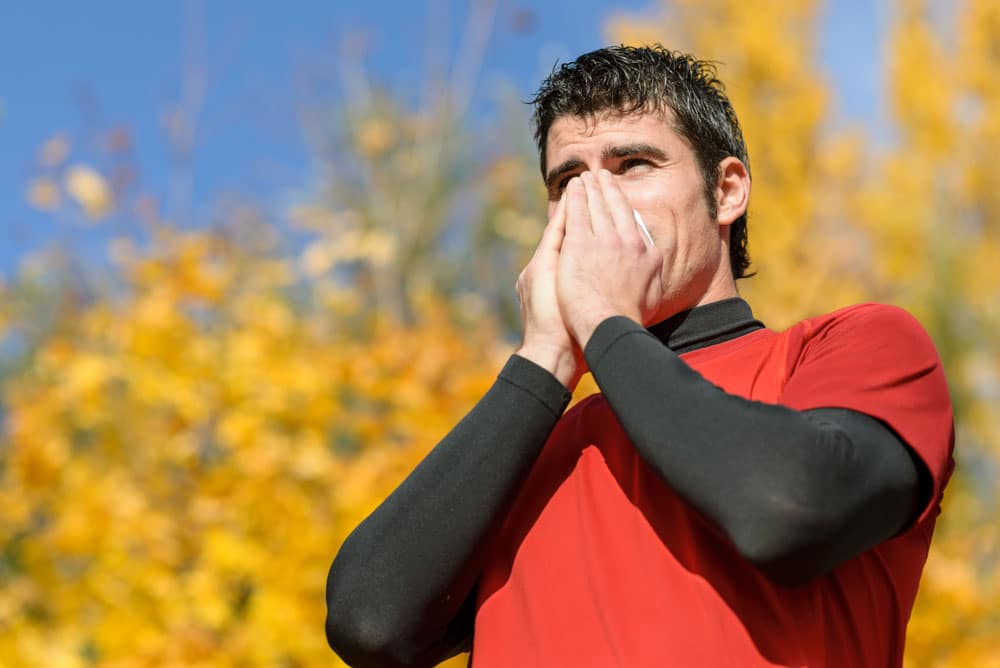It’s a common experience for many people that their nose starts running when they begin to exercise or exert themselves physically. This can be an annoying or distracting symptom when you’re trying to power through a workout. But why does it happen in the first place? There are a few key reasons.
Physiological Changes During Exercise
When we exercise, our cardiovascular and respiratory systems kick into high gear in response to increased oxygen demands from our active muscles. Our breathing rate goes up to take in more air, and our heart beats faster to pump more oxygenated blood throughout the body.
This means more blood circulating through the blood vessels in our nasal passages. And just like anywhere else in the body, increased blood flow causes the capillaries and blood vessels to dilate and open up more. This expansion allows more fluid from the blood to leak into the nasal tissues, leading to a runny nose.
The evaporation of sweat during exercise may also play a role. Breathing harder through the nose and mouth during a workout accelerates water loss. This can dry out nasal membranes and trigger a protective runny nose response.

Environmental Triggers
Factors like cold, dry air can also stimulate a drippy nose when working out. Breathing cold air has a constricting effect on blood vessels. As blood is shunted back into the nasal tissues in response, it can lead to a leakage of fluid. Dry air can irritate nasal passages for a similar effect.
Wind resistance from running outside is another consideration. The increase in air blowing into the nasal cavity while jogging may cause membranes to secrete more mucus to add moisture back.
Tips To Minimize a Runny Nose During Exercise
While a runny nose during exercise is normal, there are some things you can try to minimize it:
– Stay hydrated to keep nasal membranes moist
– Wear a scarf or mask to warm and humidify inhaled air
– Use nasal strips to open airways and improve airflow
– Try a saline nasal spray to thin mucus and lubricate the nose
– Take an antihistamine if environmental allergies are a factor
– Use a decongestant sparingly to constrict blood vessels
So in summary, changes in blood flow, respiration, hydration, and environmental exposures are the main reasons your nose may drip more during an intense workout. While annoying, it’s usually harmless and you can take steps to reduce the drippy faucet sensation.

